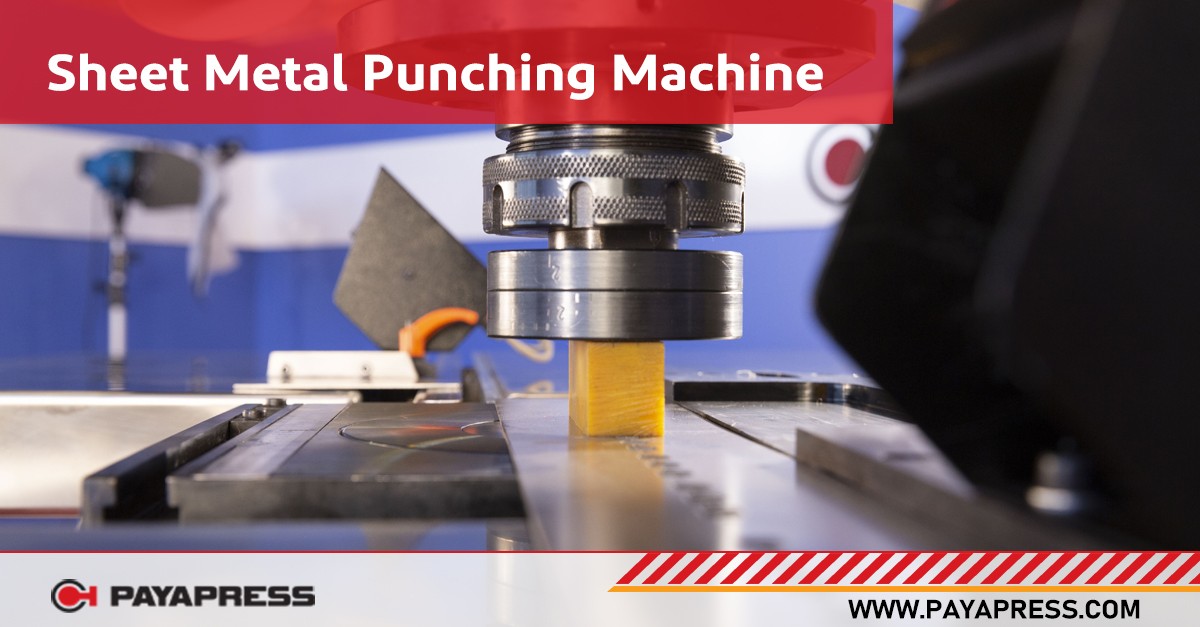In the relentless march of technological progress, busbar machine have emerged as the indisputable champions of innovation and efficiency. These mechanical marvels have not only reshaped industries but have also touched every facet of our lives, transforming the way we work, communicate, and even think. In the age of automation, machines have become indispensable, driving productivity to unprecedented heights and offering us a glimpse into a future that was once the stuff of science fiction.
The Rise of Machines: A Historical Perspective
Machines have a storied history dating back to ancient times when simple devices were used for tasks like grinding grain or lifting heavy objects. However, it was the Industrial Revolution in the 18th and 19th centuries that marked a turning point, with the invention of steam engines, textile machinery, and mechanical looms. These innovations paved the way for mass production, changing the economic landscape forever.
Modern Machines: The Backbone of Industry
Today, machines are the backbone of nearly every industry, from manufacturing and agriculture to healthcare and transportation. Advanced robotics and automation systems have revolutionized production processes, leading to higher precision, increased speed, and cost-effectiveness. In manufacturing, for instance, CNC machines have made it possible to create intricate components with unparalleled accuracy, while in agriculture, automated tractors and drones have transformed farming practices.
Machine Learning and Artificial Intelligence: The Brainpower Behind Machines
One of the most transformative aspects of modern machines is their integration with machine learning and artificial intelligence (AI). These technologies enable machines to learn from data, adapt to changing circumstances, and make decisions with remarkable accuracy. Self-driving cars, virtual personal assistants, and recommendation systems are just a few examples of AI-powered machines that have made their way into our daily lives, promising to make our routines more convenient and efficient.
The Future: Machines in the 21st Century and Beyond
As we look to the future, the role of machines is only set to expand. The development of quantum computing promises to unlock new possibilities, solving complex problems at speeds previously deemed impossible. Additionally, the emergence of smart cities, where interconnected machines monitor and manage urban environments, holds the potential to create more sustainable and livable communities. Moreover, the exploration of space and the colonization of distant planets will rely heavily on machines to overcome the challenges of interstellar travel and colonization.
Challenges and Ethical Considerations
While machines offer immense promise, they also raise important ethical and societal questions. Concerns about job displacement due to automation, privacy breaches, and the potential for misuse of AI require thoughtful consideration and regulation. Striking the right balance between technological advancement and responsible use is a challenge that society must confront as we continue to embrace machines in our daily lives.
In Conclusion
Machines have come a long way since their humble beginnings, and they are set to play an even more significant role in shaping our future. From enhancing productivity and precision to ushering in a new era of artificial intelligence, machines are pivotal to our progress as a society. However, it is our collective responsibility to harness their potential wisely, ensuring that the benefits of machines are distributed equitably and ethically, thereby creating a future that we can all look forward to with hope and optimism.
